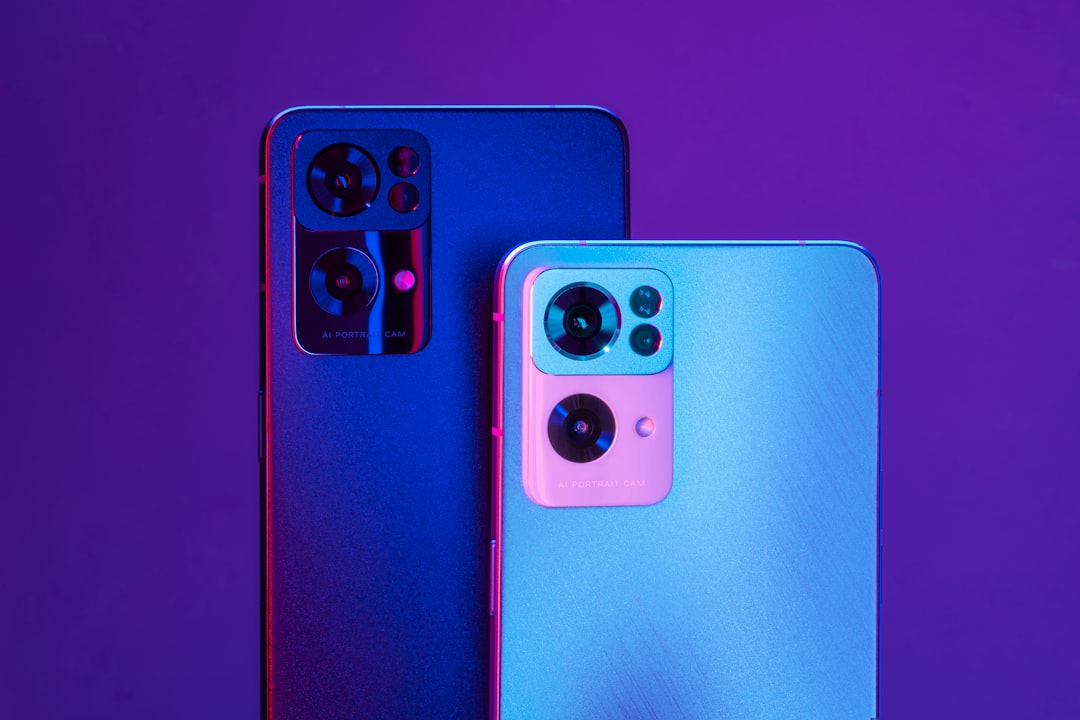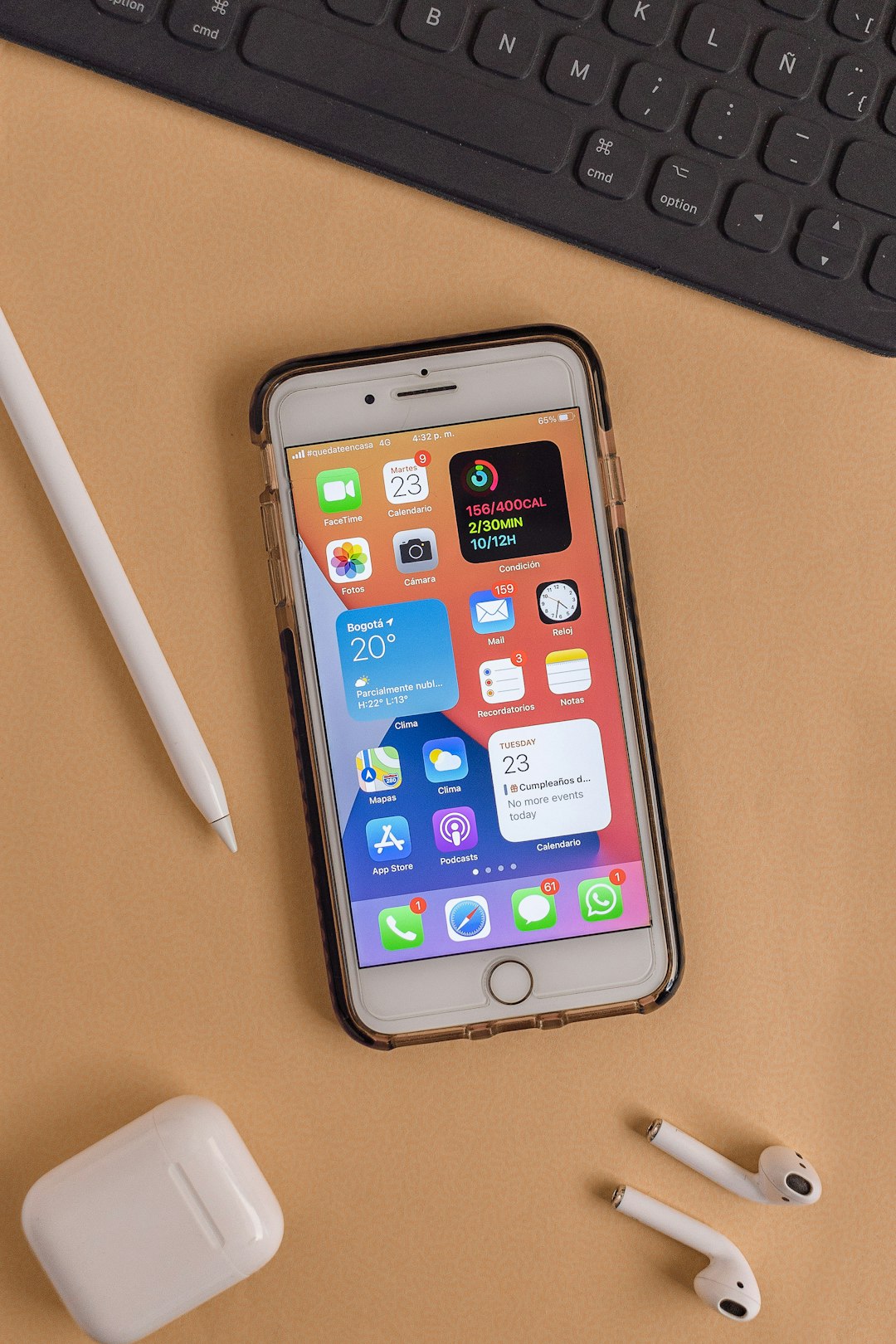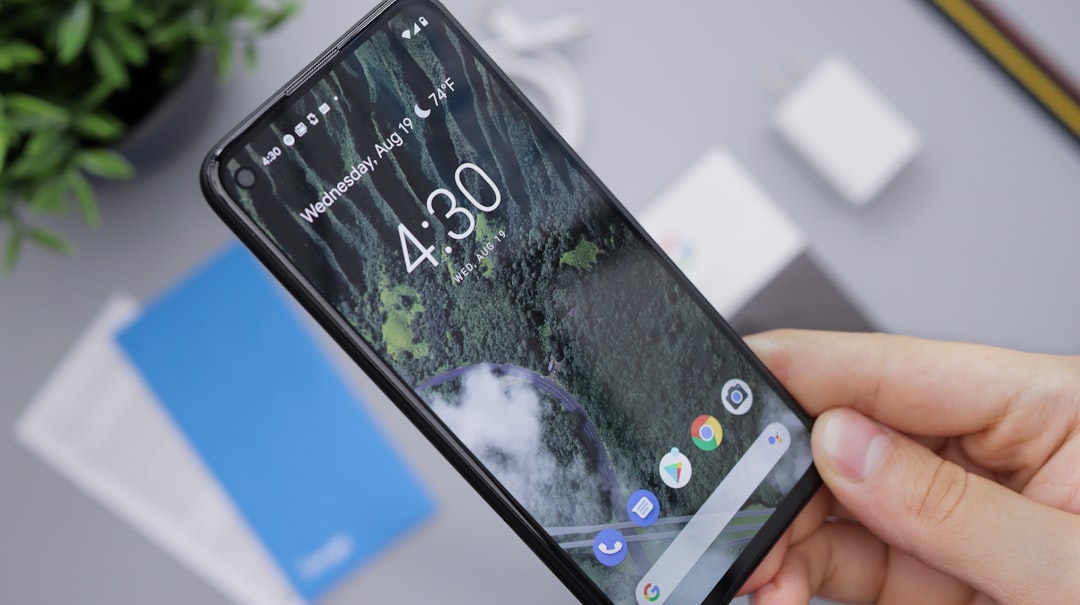Illinois has implemented strict robocall laws to combat unwanted automated calls and texts, empowering individuals to control their communication preferences. In response, user-friendly apps like TrueCall, Hiya, and NoMo employ advanced algorithms and databases updated with Illinois' regulations to block known spammers and offer customizable filtering options. These apps leverage technologies like Real-time Number Intelligence (RNI) and machine learning to identify and block unwanted calls according to the state's strict laws, fostering a quieter digital environment. User reviews are crucial for evaluating app performance, and best practices include regularly updating settings and adopting multi-layered defense strategies to stay ahead of evolving robocall trends.
In Illinois, where robocalls and spam texts are a persistent nuisance, consumers have taken action to reclaim their peace of mind. This article explores the robust legal framework aimed at combating these unwanted communications under Illinois’ robocall laws. We review popular apps designed to block robocalls and spam texts, delving into their features and effectiveness. Additionally, we uncover the technologies behind these apps and offer best practices for maximizing protection against unwanted calls and messages in the Land of Lincoln.
Understanding Robocalls and Spam Texts in Illinois: An Overview of the Legal Framework

In Illinois, robocalls and spam texts have been a persistent issue for residents, leading to a growing demand for effective solutions. The state has implemented specific robocall laws to protect consumers from unwanted communications, including automated phone calls and text messages. These laws are designed to give individuals more control over their communication preferences and to curb the proliferation of fraudulent or nuisance calls.
Understanding the legal framework surrounding robocalls and spam texts is crucial for both consumers and businesses. Illinois has established guidelines that define when and how companies can contact residents, with strict penalties for violations. By adhering to these regulations, businesses can ensure they respect consumer privacy while offering legitimate marketing services. This overview highlights the importance of educating oneself about robocall laws in Illinois to effectively navigate and combat unwanted communication attempts.
Popular Apps for Blocking Robocalls and Spam Texts: Features and Effectiveness

In today’s digital era, the surge in robocalls and spam texts has led many residents of Illinois to seek solutions to mitigate this growing problem. Thankfully, several popular apps have emerged as powerful tools to combat this nuisance. Apps like TrueCall, Hiya, and NoMo offer robust features such as automated call blocking, real-time spam detection, and personalized filtering based on user reports. These applications leverage advanced algorithms and databases updated in accordance with Illinois’ robocall laws to effectively block unwanted calls and texts.
The effectiveness of these apps lies not only in their ability to recognize and block known spammer numbers but also in continuous learning from user feedback. Features like call history reviews, noise cancellation during live calls, and the option for manual blocking or unblocking further enhance their usability. By combining cutting-edge technology with regulatory compliance, these apps provide a comprehensive solution to protect Illinois residents from intrusive robocalls and spam texts, ensuring a quieter and safer digital experience.
How These Apps Work: Technologies and Methods Used to Filter Unwanted Calls and Messages

These apps employ a combination of advanced technologies and methods to filter out unwanted calls and texts, effectively blocking robocalls and spam messages according to Illinois’ strict robocall laws. They typically use real-time number intelligence (RNI) to access data about incoming call sources, enabling them to identify and block known spamming numbers or those associated with suspicious activity. Machine learning algorithms play a significant role, constantly adapting and improving the app’s ability to recognize patterns characteristic of robocalls and spam texts.
Additionally, these apps may utilize call-blocking algorithms that analyze various factors like calling patterns, timing, and frequency to flag potential robocalls. Some even incorporate user reporting systems where individuals can contribute to the collective intelligence by flagging and identifying unwanted calls. This multi-layered approach ensures that these apps remain effective in mitigating the incessant influx of robocalls and spam texts prevalent in Illinois.
User Reviews and Best Practices: Maximizing Protection Against Robocalls and Spam in Illinois

User reviews play a pivotal role in gauging the effectiveness and user-friendliness of anti-robocall apps. When selecting an app, reading authentic user feedback can provide valuable insights into its performance, especially in terms of blocking robocalls and spam texts in Illinois, where strict robocall laws are in place. Look for reviews that highlight specific features like call screening, blacklist capabilities, and automated filtering, as these contribute to robust protection.
Best practices for maximizing protection include regularly updating app settings to align with the latest robocall trends, keeping contact lists clean by blocking known spam numbers, and enabling automatic updates for enhanced detection algorithms. Additionally, combining multiple defense layers, such as network-based filters and application-level blocking, offers a more comprehensive strategy against evolving robocall and spam threats under Illinois’ stringent regulations.






